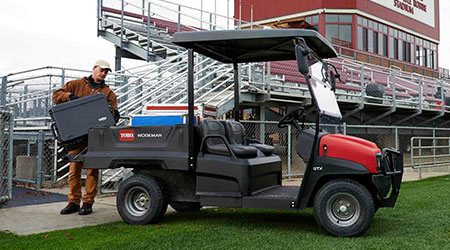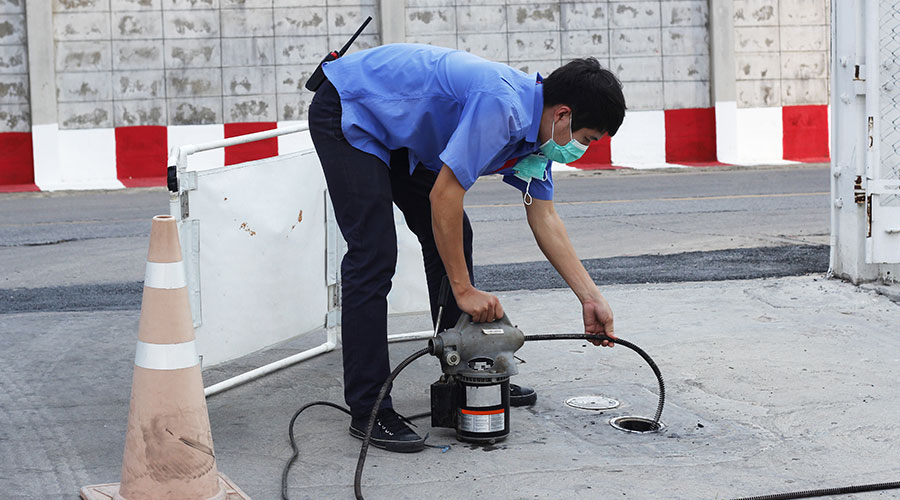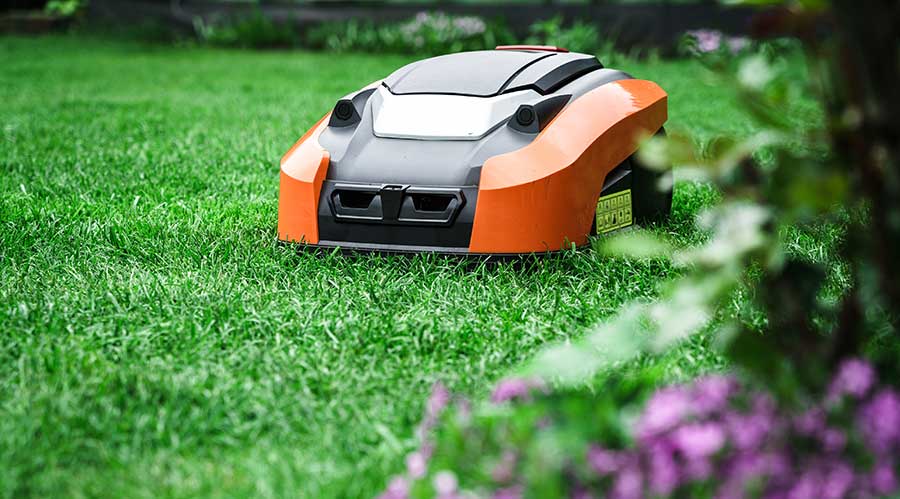 Managers who understand changes in handheld equipment related to reliability, ergonomics and safety, and worker needs, can better specify the proper equipment for their department.
Managers who understand changes in handheld equipment related to reliability, ergonomics and safety, and worker needs, can better specify the proper equipment for their department.Understanding Handheld Grounds Equipment
With proper specification, operation and maintenance, handheld equipment can expand the reach and effectiveness of front-line workers.
Mowers and utility vehicles get much of the attention in grounds departments, but managers also understand that front-line workers and equipment operators need a wider array of tools and equipment to perform their daily tasks effectively. The grounds care equipment arsenal also must include an array of handheld equipment, including trimmers, edgers, and blowers.
By staying up to date on changes in handheld equipment related to reliability, ergonomics and safety, and by monitoring the equipment needs of front-line workers, managers will be able to specify handheld equipment that meet the needs of workers.
Better battery power
For the most part, handheld grounds care equipment has become as ergonomic and efficient as possible without becoming unaffordable. While there might be few dramatic updates in handheld equipment, the evolution of battery-operated equipment makes it a more appealing choice for many departments and applications. It is fair to say that battery-powered handheld landscaping equipment now competes with gasoline-powered equipment and even offers some advantages.
First, batteries continue to improve. They are becoming more compact, holding higher volts, lasting longer, and offering better amp ratings. All of these benefits translate to more power and longevity. These are important developments because many managers operate under the misconception that battery-operated motors cannot be as powerful as gasoline engines. A battery-powered trimmer might not make a loud rumble, but it actually is producing just as much horsepower.
Second, battery-operated tools are quieter. Noise pollution is a real consideration among many institutional and commercial facilities, since a growing number of municipalities are considering bans on certain blowers because of the decibel levels they produce.
Third, battery-operated equipment produces no emissions, and operators and mechanics no longer will have to deal with fuel or carburetors. As a bonus, battery-powered equipment does not require two-cycle blend gasoline that powered equipment runs on, which means operators will not have to worry about blowing out an engine due to inaccurate mixing or forgetting to mix at all.
Fourth, repair costs are lower for battery-powered equipment because it uses an electric motor instead of a carbureted, gasoline-powered engine that are subject to the usual issues experienced by these engines. Brushless motors also are becoming more commonplace, which is an important innovation because it means less friction inside the engine, fewer parts to replace due to wear, higher efficiency, and a longer performance life.
One tactic managers can use in deciding whether to purchase battery-operated or gasoline-powered equipment is to evaluate the handheld equipment without the cost of the battery. Managers might look at the total unit cost of a battery-powered tool and immediately decide it is too expensive compared to a gasoline-powered unit.
But when comparing battery-operated equipment to gasoline-powered equipment, managers need to remember that the battery-powered equipment will never need fuel. All the operator has to do is keep the battery charged. This means the cost of the battery needs to be evaluated against the cost of fuel and the continual maintenance that goes with it.
Related Topics:














